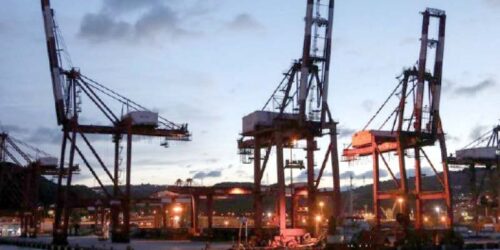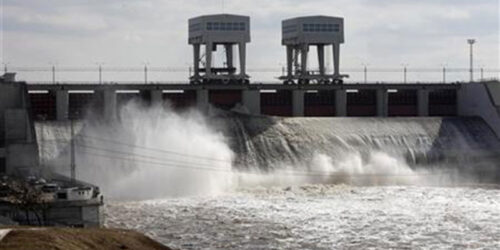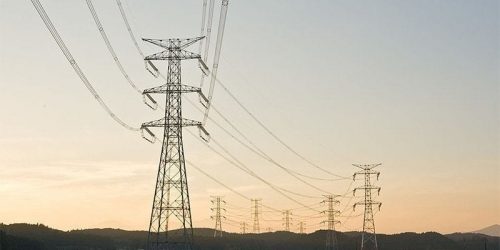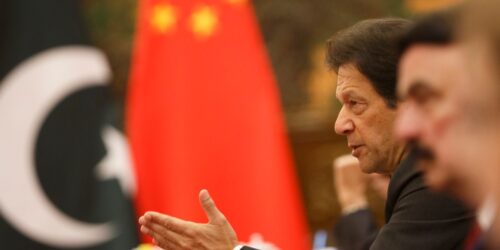Once upon a time, in 1947, there was a country which was one of the 23 founding members of the General Agreement on Tariff and Trade (GATT), and now that country ranks 60-70th in the list of global exporters and doesn’t figure among prominent players in the World Trade Organisation (WTO), the successor of GATT. Interestingly, the country is the 5th (officially 6th) largest in population, with the size of economy in the mid-40s (in 20s in terms of purchasing power parity) but ranks in the 60s for exports. Once…
Read MoreCategory: Recent Post
Webinar on water, food security: Degradation of ecosystems due to deforestation, over-exploitation of natural resources
Islamabad: The experts speaking at the webinar on Saturday opined that the core reasons for the degradation of ecosystems they cited were the unchecked deforestation, use of land change and overexploitation of natural resources including subsurface water. Aquifers are depleting casing severe threat to water security as we have already reached below the required water per capita. The unsustainable adaptation mechanisms have led us to a dangerous situation. We among the top five countries most vulnerable to disasters and climate change impact that would immensely affect water and food security.…
Read MoreWhat NEPRA can do?
There has been some confusion or even controversy over Nepra’s role and responsibilities. It is a regulator, yes, but what it should be doing. Should it restrict itself to issuing tariffs or should it be doing much more. There are extreme views on it. One is minimal being restricted to tariff and the other being total sectoral control. One of the past secretaries of Power Division subscribed to this maximalist role. On the other hand, there is always some kind of tussle or misunderstanding as to the division of responsibilities…
Read MorePotential priorities of new energy minister
We have a new minister for energy. He is young and appears dynamic, therefore, there is every reason for pinning high hopes on him. Our energy supply chain substantially lacks the required agility. Failure to maintain a consistent exploration and production (E&P) programme, gradual exodus of E&P multinational companies (MNCs) and resultant compulsive spending of 35% of the annual budget on fuel imports are only a few examples. Also, while oil and gas production in general, and especially of state-owned enterprises (SOEs), continues to decline with their increasing receivables, even…
Read MorePakistan begs China for power debt forgiveness
Pakistan’s debt problems are escalating as liabilities due on China-funded energy projects established under the China-Pakistan Economic Corridor (CPEC) surpass $31 billion and Beijing declines to restructure $3 billion in liabilities coming due that Islamabad possibly won’t pay. The debt load, owed largely for the building of independent power producers (IPPs) on take-or-pay power generation contracts, is substantially more than the $19 billion in total invested in the plants, according to reports and industry analysts. Pakistan is obliged to pay $5.9 billion to the power companies for take-or-pay capacity payments alone over…
Read More







